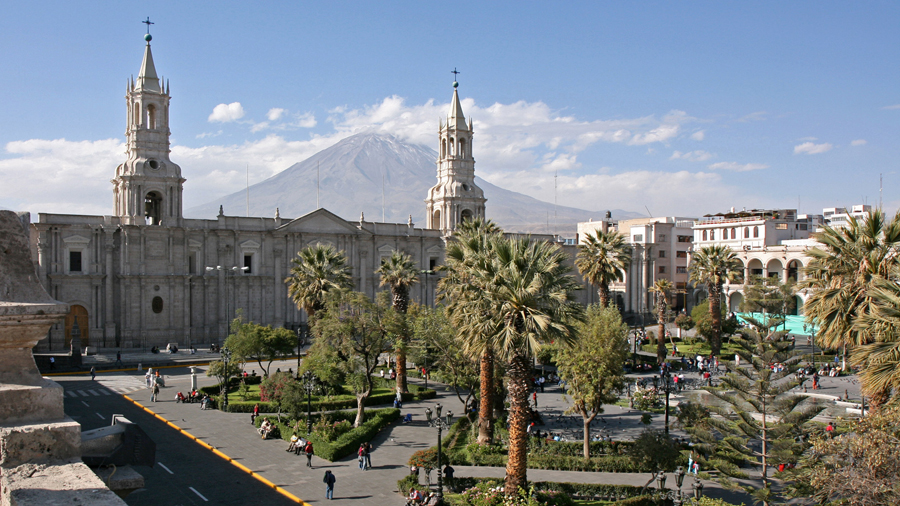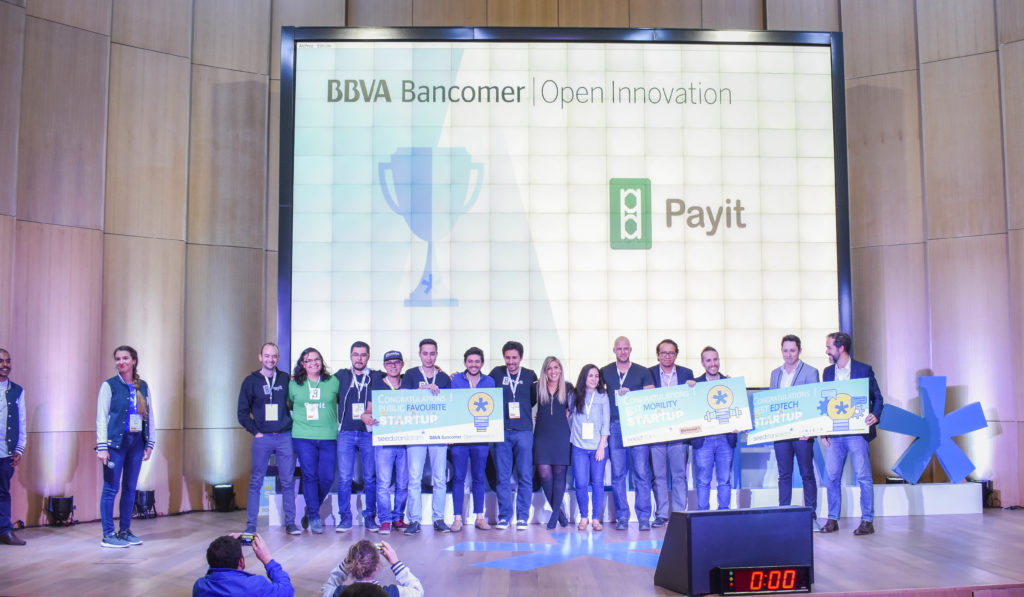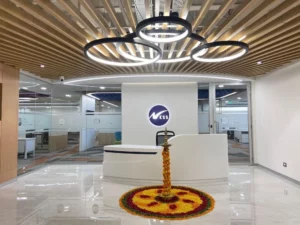As a country economically driven by the mining industry, Peru has long been playing catch up with its innovative Latin American neighbors. With a young population, greater focus in growing businesses and strong macroeconomic performance, Peru is starting to attract foreign interest and investment that could result in rapid growth.
Following talks with Peru on October 30, about “Challenges and Opportunities of the Digitalization of a Country”, the Spanish Confederation of Business Organizations (CEOE) have encouraged Spain and entrepreneurs from Europe to concentrate their investments in Peru.
The CEOE represents and defends the interests of Spanish entrepreneurs and companies from any sector of the economy, through its base associations which are networked within 240 employers organisations. Currently the organisation holds 1,500 international companies, with 400 operating in Peru.
Joaquín Gay de Montellá, vice-president of the CEOE, believes Peru is on track to be the next foreign investment hub in South America. Joaquín told Andina that “Peru deserves to be in the spotlight”, commenting on the stability of macroeconomy which boasts yearly growth rates above 3% in recent years. He highlights the country’s potential for development, to create more jobs, build better infrastructure and encourage digitization of its economy. With a large youth demographic, the country is an attractive destination for foreign investment.
Why now?
President Pedro Pablo Kuczynski and his government have recently been focused on reducing its dependence on raw materials, and increasing investment in innovation in particular industries, such as infrastructure, tourism, and technology.
The CEOE also praised Peru’s efforts to boost public and private investment in the country through its Economic Program 2016-2021. The program aims to achieve an annual GDP growth rate of 4%. President Kuczynski met with members of the CEOE earlier this year, including CEOE president Juan Rosell, to exchange views on the priorities of the Peruvian government and business and investment opportunities in the area.
Rosell confirmed the growing confidence of Spanish businesses in the Peruvian market, thanks to macroeconomic measures and reforms carried out by the Government in the last ten years. One such reform includes Peru’s 2017-2020 Reconstruction Plan, which will involve a US$6.4 billion investment towards improving roads, water and sanitation programs, housing plans, among other goals.
Peru’s capacity to attract investment in tourism was particularly stressed by Montellá, believing this industry has yet to be sufficiently valued: “Peru not only has beauty, but has capable people, culture and crafts, that is not so common in destinations, therefore it is a good destination,” Montellá added.
According to Travel & Tourism Economic Impact 2017 for Peru, this sector continues to act as the forefront of wealth and employment creation in the country. Startups, in particular, have had notable success in targeting the travel and tourist industry, earning them international recognition and investments. Arrivedo, for example, is now one of the largest companies in Peru offering a distinct experience in the hospitality-tourism industry. It recently won “Best International Startup” at the 2017 TechFestNW in Portland, Oregon and has expanded operations to over 80 cities worldwide. Alonso Franco, co-founder and CEO of Arrivedo commented that “hospitality and tourism continues to attract hotel brands and international investments into Peru”. Although believing the start-up ecosystem is in its early stages, he notes its “significant improvement” and that nowadays, “most deals are done with a mix of local and international angel investors”.
A growing startup ecosystem
Thanks to government support, a number of initiatives have been launched to target the expansion of Peru’s entrepreneurial scene. Ministry of Production created Startup Peru in 2012 to help promote the emergence of Peruvian startups and innovative products. In 2014, Innovate Peru was also introduced to strengthen entrepreneurs and facilitate collaboration between them and support systems through specific funds and projects to enhance the Peruvian economy.
MIT Regional Entrepreneurship Acceleration Program, a two-year initiative that has taken off in Lima, combines local government, academia, investors and entrepreneurs in an effort to develop frameworks to strengthen innovation.
These initiatives have already sparked funding. Not only has Peru itself invested US$100 million into promoting micro, small and medium-sized enterprises; earlier this year, the World Bank issued a US$45 million loan for the development of technology, science and innovation in Peru.
With growing international attention and with support from the CEOE, Peru can leverage the blooming foreign interest to expand further into innovative industries, allowing the country to diversify away from its mining-dependent economy.








